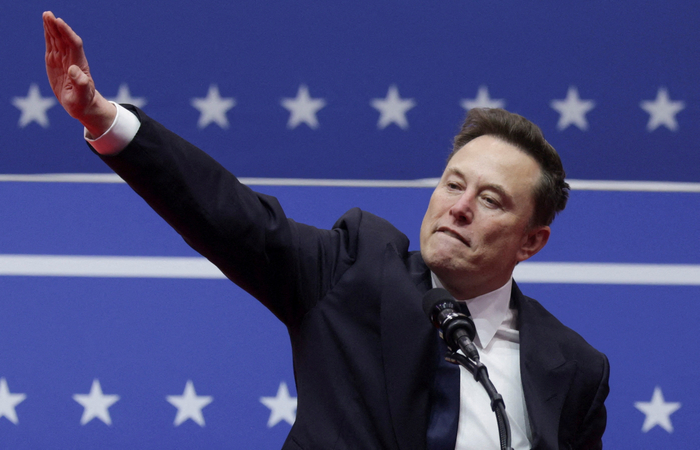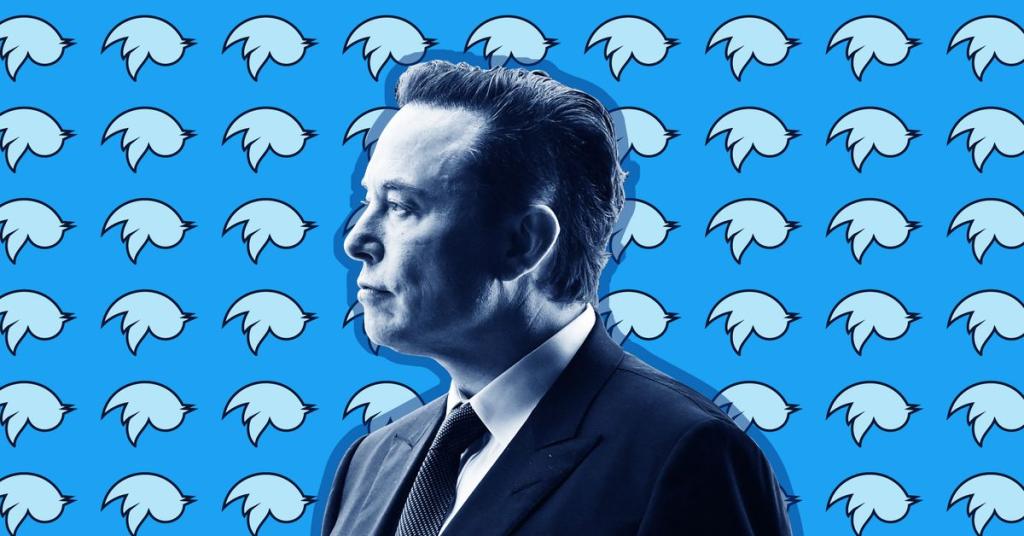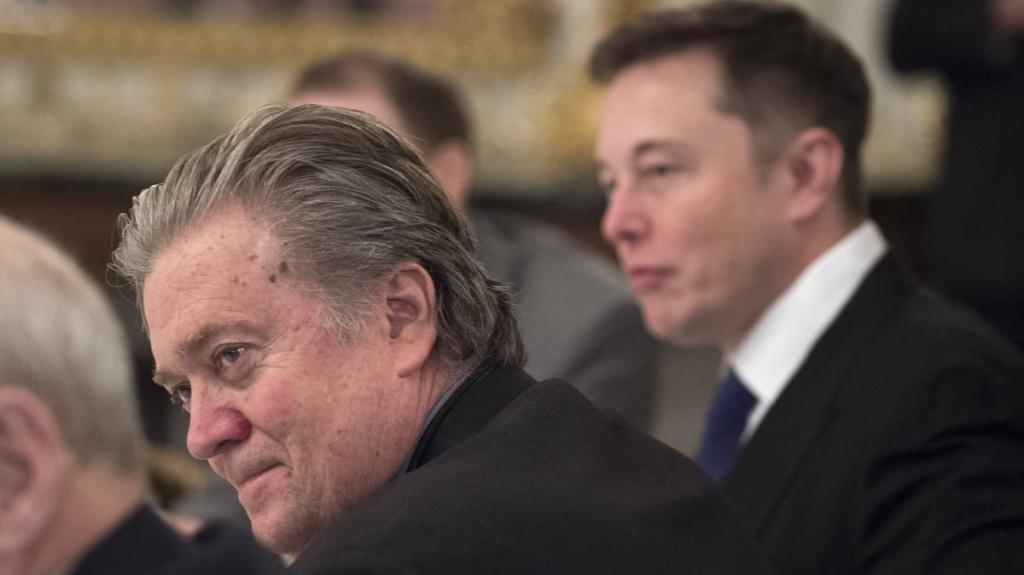Elon Musk Challenges Nigel Farage's Leadership in Reform UK
Elon Musk's surprising call to replace Nigel Farage raises questions about leadership dynamics in Reform UK and the influence of powerful figures in politics.
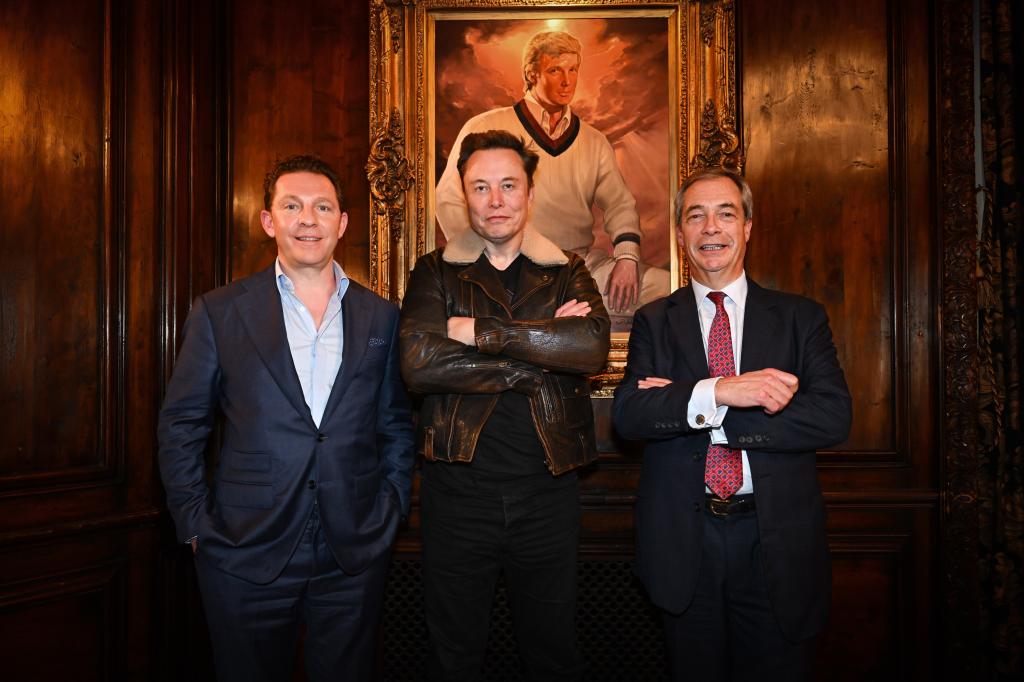
Key Points
- Elon Musk
publicly called for
Nigel Farageto be replaced as leader of
Reform UK, citing concerns over leadership effectiveness.
- The rift emerged after Farage distanced himself from Musk's support for controversial activist Tommy Robinson
, emphasizing his commitment to political principles.
- This situation highlights the complex dynamics of political alliances and the significant influence of wealthy individuals in shaping political narratives.
Elon Musk, the billionaire entrepreneur and tech mogul, has always been a figure that stirs controversy and fascination. Recently, he took a surprising turn in his political support, publicly calling for the replacement of Nigel Farage as the leader of Reform UK. This unexpected shift comes after Farage refrained from endorsing Musk's controversial statements regarding political figures in the UK, notably surrounding the divisive topic of immigration and security. Let’s explore the dynamics of this relationship and the implications of Musk’s bold announcement.
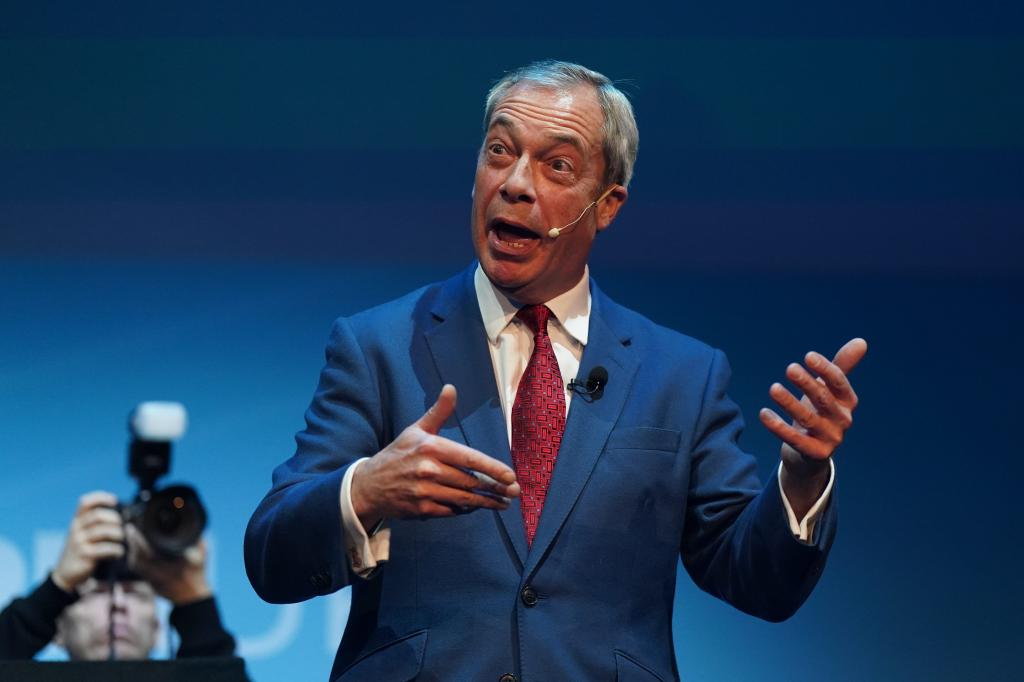
A Brief Background
Nigel Farage, the founding member and leader of Reform UK, has been a prominent figure in British politics, known for his strong views on Brexit and immigration. His alliance with Musk seemed to bolster the party's standing, particularly after Musk expressed interest in donating a significant amount to support their political ambitions. Just weeks ago, the two met at
’s
, where discussions about the future of Reform UK were optimistic, setting a foundation for a robust political partnership.
The Turning Point
However, the tides turned dramatically when Musk, in a post on his social media platform X, stated, “The Reform Party needs a new leader. Farage doesn’t have what it takes.” This was not just a casual remark; it was a striking public dismissal of Farage’s leadership capabilities. The fracture arose primarily after Farage distanced himself from Musk’s calls for the release of Tommy Robinson, a controversial figure sentenced for contempt of court.

Public Reactions and Implications
The reaction to Musk's comments has been varied, with many political analysts speculating on the implications for both the individual leaders and the party itself. Farage responded to Musk’s criticism with grace, acknowledging Musk's remarkable nature while affirming his steadfast principles. He stated, “Well, this is a surprise! I am afraid I disagree. My view remains that Tommy Robinson is not right for Reform”. This shows Farage’s commitment to maintaining his political integrity, even when faced with high-profile dissent.
The backdrop to this dramatic turn is a landscape influenced by a multitude of factors, including rising political tensions in the UK, the ramifications of recent elections, and the vocal concerns around crime and national security. Musk's strong words about political figures like
illustrated his deep involvement in political discourse but also highlighted the fine line between support and the desire for influence.
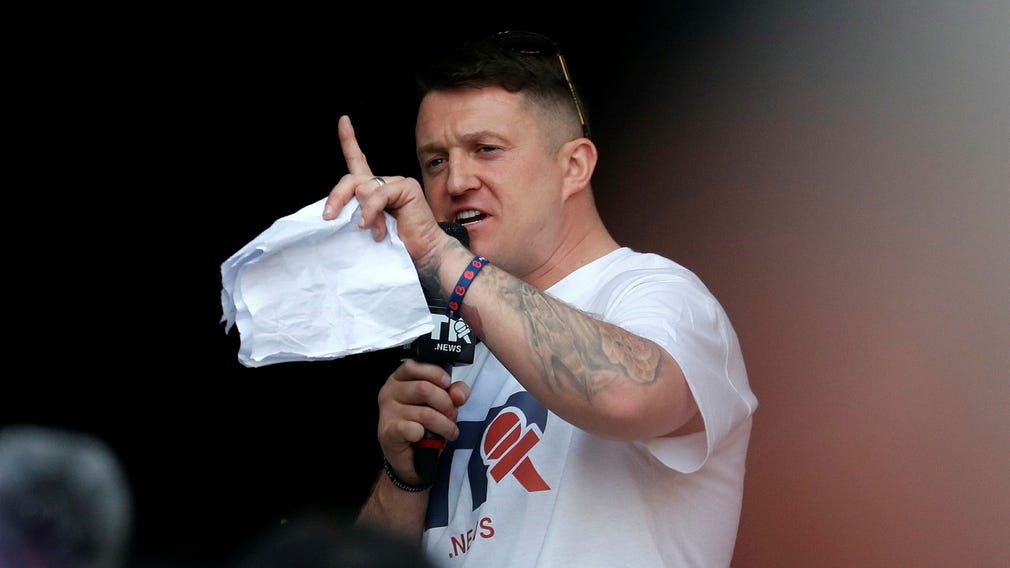
The Bigger Picture
Musk’s foray into UK politics raises questions about the influence of wealthy individuals in shaping political narratives. In an age where social media amplifies voices, Musk’s comments can sway public opinion and impact political movements dramatically. While it’s clear that the relationship between Musk and Farage has hit a rocky patch, it poses an intriguing inquiry into how political alliances are formed and dissolved based on public persona, beliefs, and ideological match.
Looking Ahead
As the Reform party navigates this evolution, the future remains uncertain. Will Musk's influence be a turning point for the party, or will Farage's enduring principles stabilize their efforts? This situation serves as a crucial lesson on the nature of political leadership and the roles individuals play in shaping public policy. In the end, the resolution of this conflict may redefine not only the future of Reform UK but also the landscape of modern political alliances in a rapidly changing world.
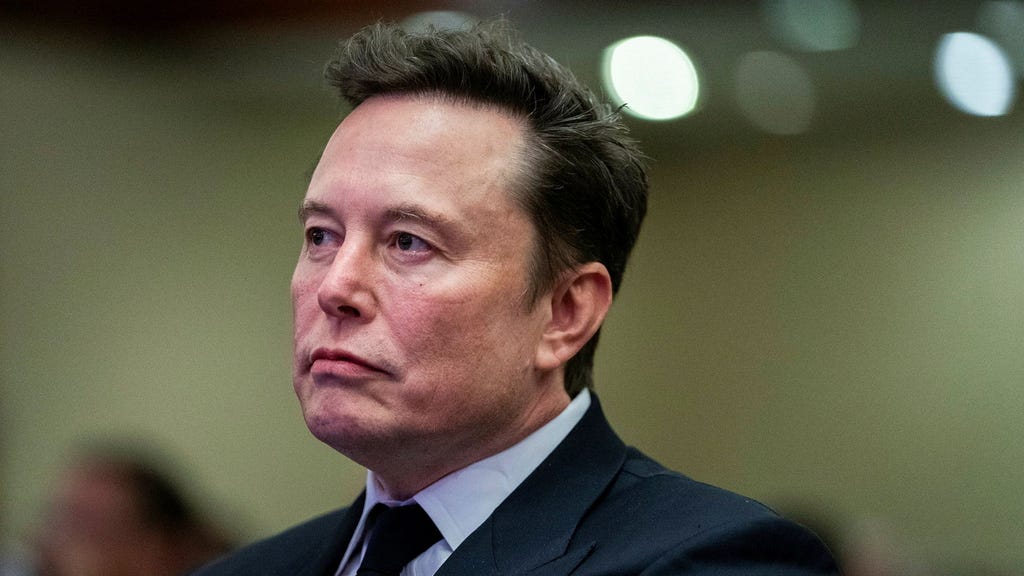
The dynamics between Musk and Farage illustrate the complexity of political partnerships and the weight that influential figures can hold over party politics. As we observe the outcomes of this evolving narrative, it becomes increasingly clear that these interactions are not just entertainment but pivotal moments that can shape national destinies.
